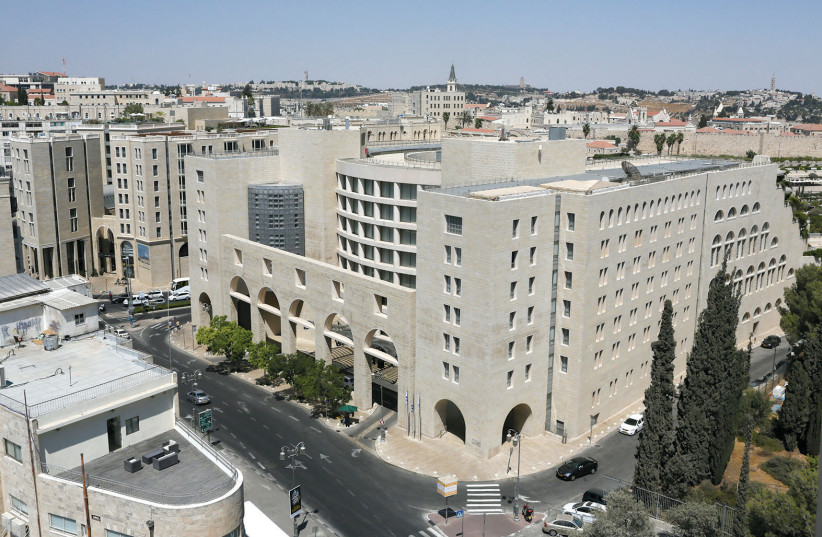The State of Israel may have unnecessarily provided 60 million shekels in aid to the country’s three largest hotel chains during the COVID-19 pandemic, according to a State Comptroller report published Tuesday, which detailed the unique aid granted to the Israeli tourism industry in the wake of the pandemic.
An audit of the government’s support granted to the tourism industry highlighted that, after taking into account annual profits, liquidity ratios and other financial measures, it seems unlikely that the NIS 60 million grant provided to the hotel chains was actually necessary to prevent them from closing.
The report noted that this doubt is strengthened by the fact that, even though the aid granted was delayed by between four and seven months after the aid period had ended, “Hotel chains A and B recorded a net profit in 2021 and hotel chain C recorded an operating profit this year excluding financing costs, alongside a relatively low loss from taxes in relation to its activity turnover.”
The three largest hotel chains in Israel experienced an economic recovery in 2021, with significant improvements in profits from the second quarter of the year, due in part to an increase in the number of nights spent by Israelis in hotels in Israel in 2021 compared to 2019, likely related to restrictions on leaving the country.
Ultimately, the accumulated profits of each of the top three chains between 2020 and 2021 were about NIS 873 million, 622 m. and 122 m. – numbers that suggest that the hotels could have done without the emergency supply of money from the state.

Not enough to guided tours
The state allocated NIS 35 million between 2020 and 2022 to run three rounds of free guided tours for the general public to help tour guides during the corona crisis. However, there are doubts about the effectiveness and usefulness of the aid, particularly its second round.
The report called the second round’s achievement into question: only 16% of tour guides participated in the round, and yet due to the round’s budget of only NIS 6.2 million, the average monthly aid paid to each tour guide was only about NIS 300 – including VAT.
When compared to the excessive amount of money supplied to the hotel chains, the meager amount provided to Israel’s tour guides during the crisis is thrown into stark relief.
"The hotels took advantage of the aid they received from the state to increase profits and did not hesitate to raise prices afterward.”
Matanyahu Englman
“The hotels took advantage of the aid they received from the state to increase profits and did not hesitate to raise prices afterwards,” said State Comptroller Matanyahu Englman. “The necessity of the aid to the large hotel chains in the amount of NIS 60m. is questionable. Absurdly, the tour guides, who needed help the most, did not receive what they deserved. Only 13% of them received an average monthly aid of NIS 300 from November 2020 to December 2021.”
A more comprehensive aid infrastructure
In order to prevent future instances of disproportionate aid handouts, the report recommends that infrastructure be put in place to help increase the readiness and ability of the tourism industry in Israel to deal with emergency situations. By doing so, the state will not only ensure the industry’s survival, but will enable it to generate its maximum possible output for the country’s economy.
“Given that the funds that the State of Israel can designate for aid are always limited, the unique aid requires a high standard of justification compared to all-economy aid,” stated the report. “Therefore, it is crucial to ensure that the aid is given in an efficient and beneficial manner, and the entities that receive assistance must be identified correctly.”
